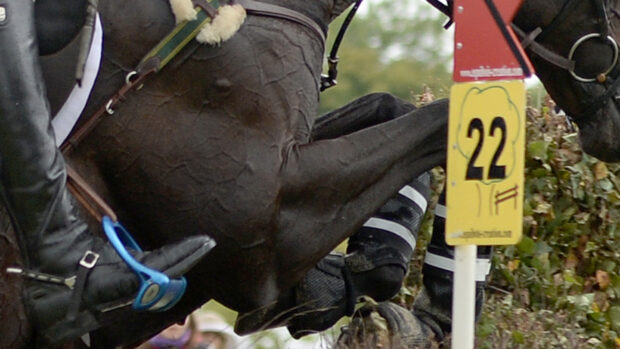An empowered British Equestrian Federation (BEF), with the clout to ensure member bodies (MBs) fall into line, could become reality under the BEF’s Stratford Proposal, released last week.
Derived from Deloitte & Touche’s tough-talking report, the proposal — which is surprisingly frank in parts — is seen as “a blueprint to guide the modernisation of British equestrian sport and recreation”.
Contracts will be drawn up to define roles and responsibilities between the BEF and MBs, but the BEF will have ultimate authority. It will have the power to admit or expel a MB, and to ensure that none “obstructs developments which are cross-discipline and important for the whole of equestrianism”.
For example, it will be able to force the BSJA to co-operate on the National Equine Database, should the association ultimately decide to withhold its support, regarding the submission of non-mandatory information such as breeding details.
A new BEF constitution should be in place by the end of 2004, and a British Equestrian Council will be made up of up to 35 members: each Olympic discipline will have six representatives; the smaller MBs ranging between one and three.
BSJA board member John Holmes has been added to the development committee, which is chaired by Lynda Whetstone of British Dressage.
In acknowledgement of the infighting within the industry, the Stratford Proposal says: “Structural reform must be accompanied by behavioural and attitudinal change . . . It is about grasping opportunities. Trust must be built up . . . and historical problems put to one side.”
A table of roles and responsibilities drawn up by Deloitte has been largely adhered to in the Stratford Proposal. Emphasis is on staff training, recruitment of directors, ideally from outside the equestrian industry, and better PR and marketing.
But no time frame is given for implementation, because, says BEF chief executive Andrew Finding, many of the recommendations — including those which might translate to benefits to members, such as the sharing of insurance — need extensive “cost benefit analysis”.
UK Sport, which funded the review, says: “We are encouraged that progress appears to be being made.”
The report is available on the BEF’s website: www.bef.co.uk under news & documents/public documents.
|
||
 |
||


 Get up to 19 issues FREE
Get up to 19 issues FREE TO SUBSCRIBE
TO SUBSCRIBE 


